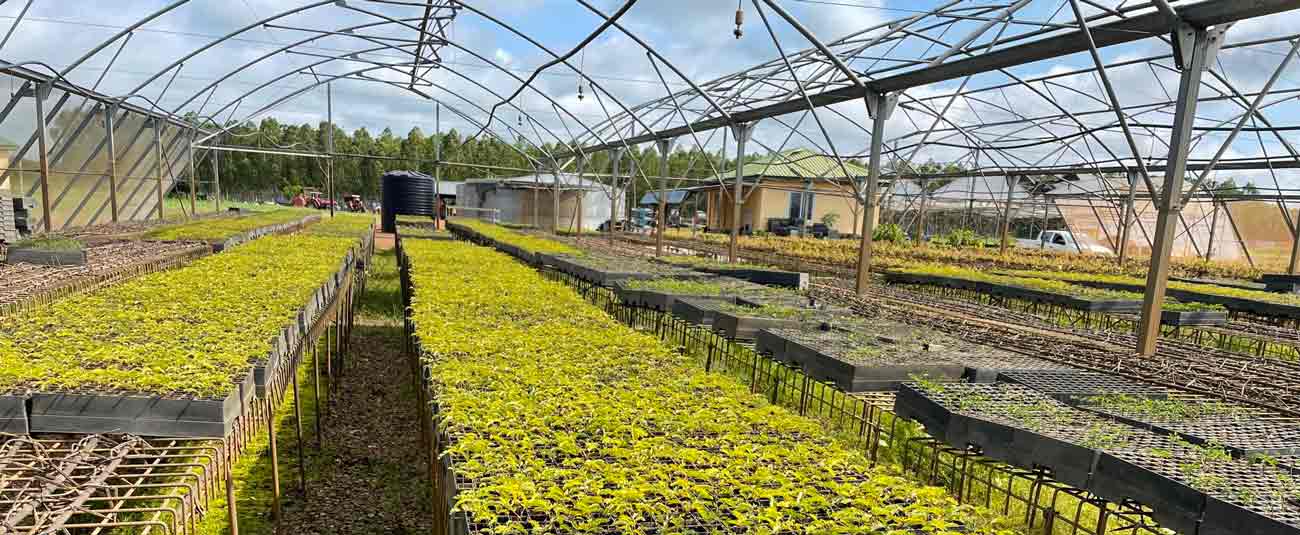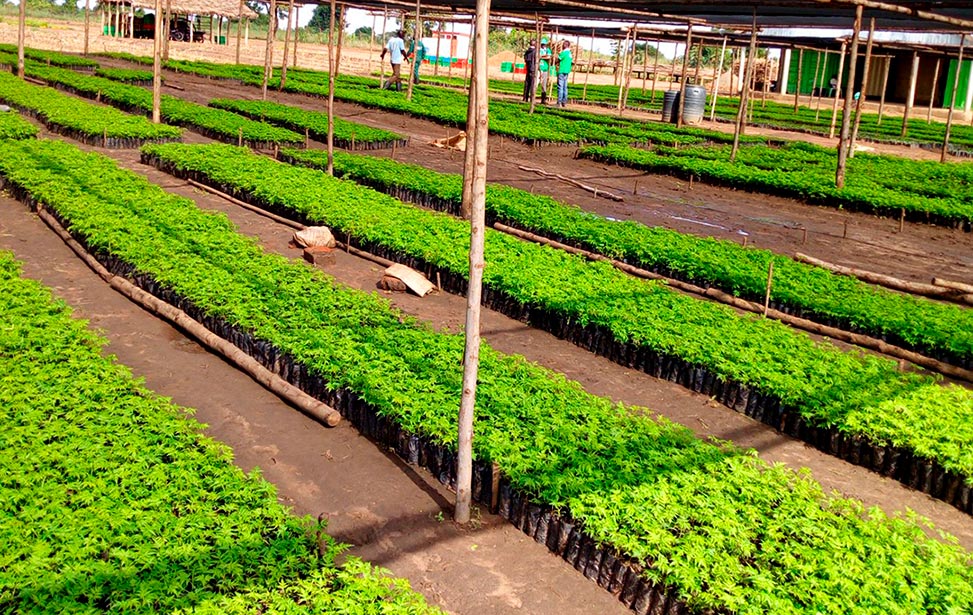OWNCA develops Reforestation Initiative in Lufwanyama
Developed seedling farm established to combat deforestation in Zambia's.


Groundbreaking Facility to Produce Over 1,500,000 Seedlings Annually
OWNCA has develped its seedling production facility in Lufwanyama District, Copperbelt Province. The 15-hectare farm represents a major milestone in our battle against deforestation and climate change in Zambia.
The center is projected to produce over 1,500,000 high-quality seedlings annually, focusing on indigenous tree species including Mukula, Miombo, and Mopane. These seedlings will be distributed to local communities, schools, and conservation projects across the province.
Equipment for Sustainable Production
To achieve this ambitious production target, OWNCA has invested in cutting-edge equipment:
- irrigation systems with moisture sensors for optimal water conservation
- Solar-powered greenhouse complexes for year-round seedling production
- Mechanical potting machines for efficient transplanting
- Climate-controlled germination chambers
- Soil sterilization equipment for disease prevention
- Mobile nursery units for remote community outreach
- Small Dam Act as a water reservoir
"This farm is more than just a production facility - it's a symbol of hope for Zambia's forests. By empowering communities with the resources to restore their environment, we're creating a sustainable future for both people and wildlife." - Chanda Mwamba, OWNCA Reforestation Officer
Combatting Deforestation in the Copperbelt
The Lufwanyama District was strategically selected due to its proximity to areas most affected by deforestation from charcoal production and mining activities. Zambia has one of the highest deforestation rates globally, losing approximately 250,000-300,000 hectares of forest annually.
The new facility will serve as both a production center and training hub, where local farmers will learn sustainable agroforestry techniques. OWNCA has already partnered with 12 community cooperatives and 5 schools to establish satellite nurseries across the district.